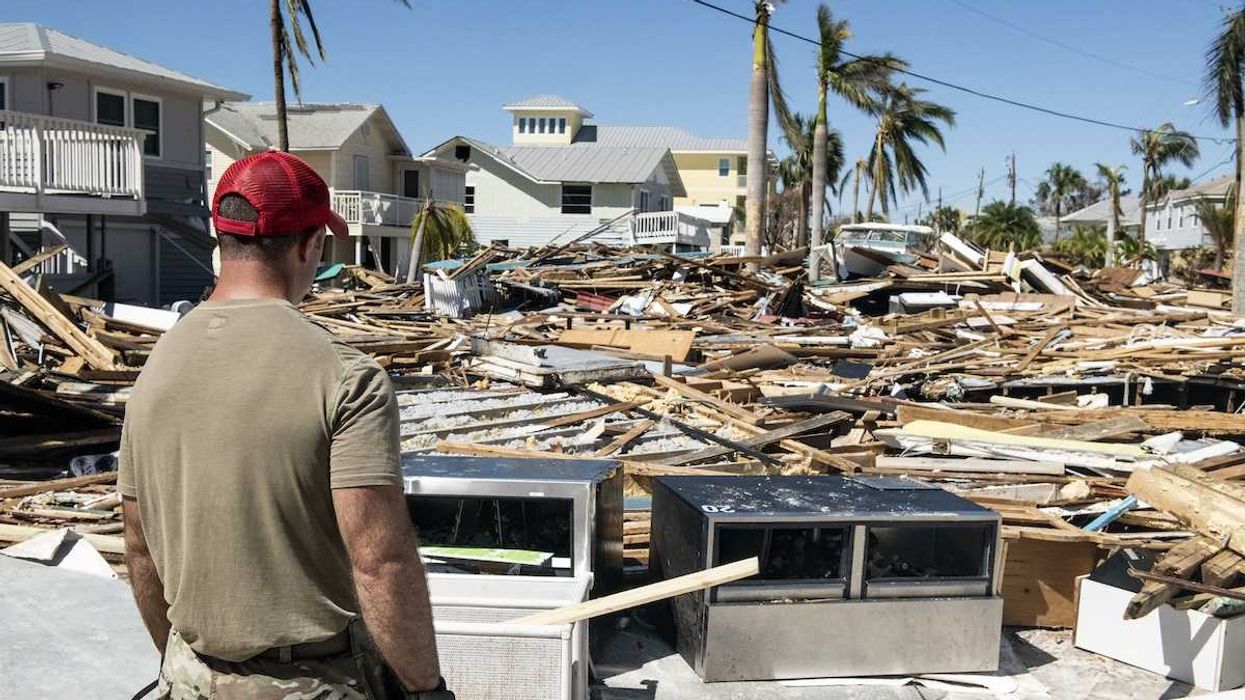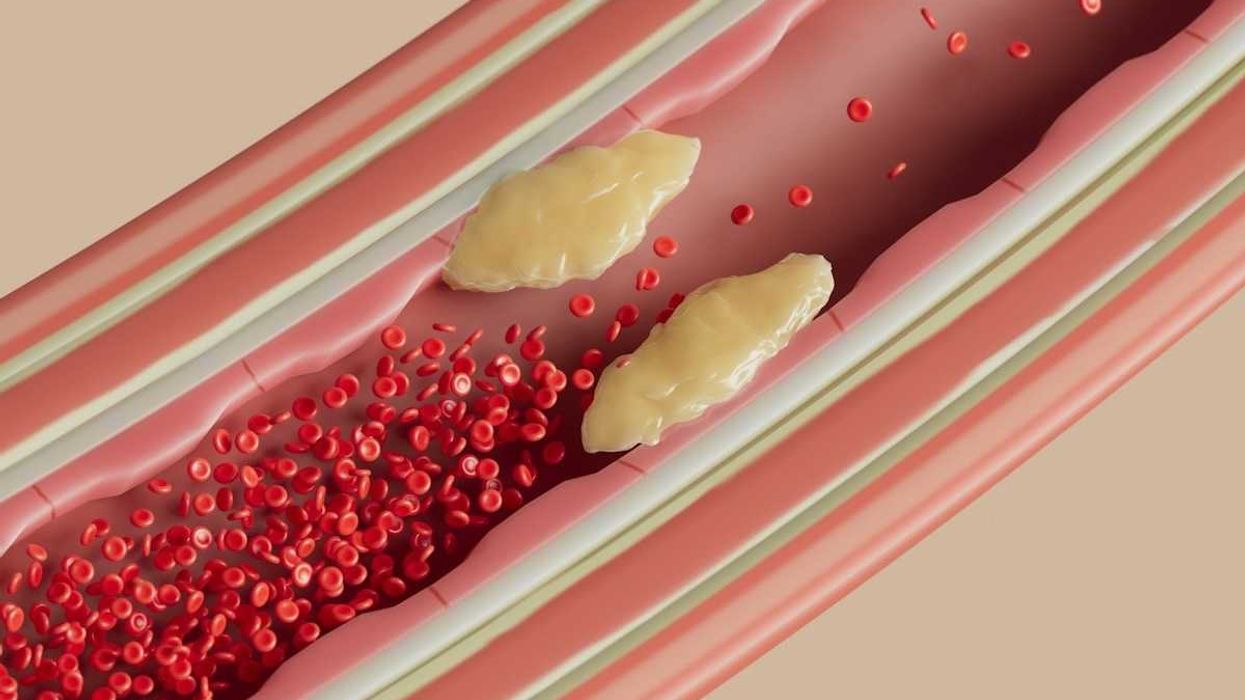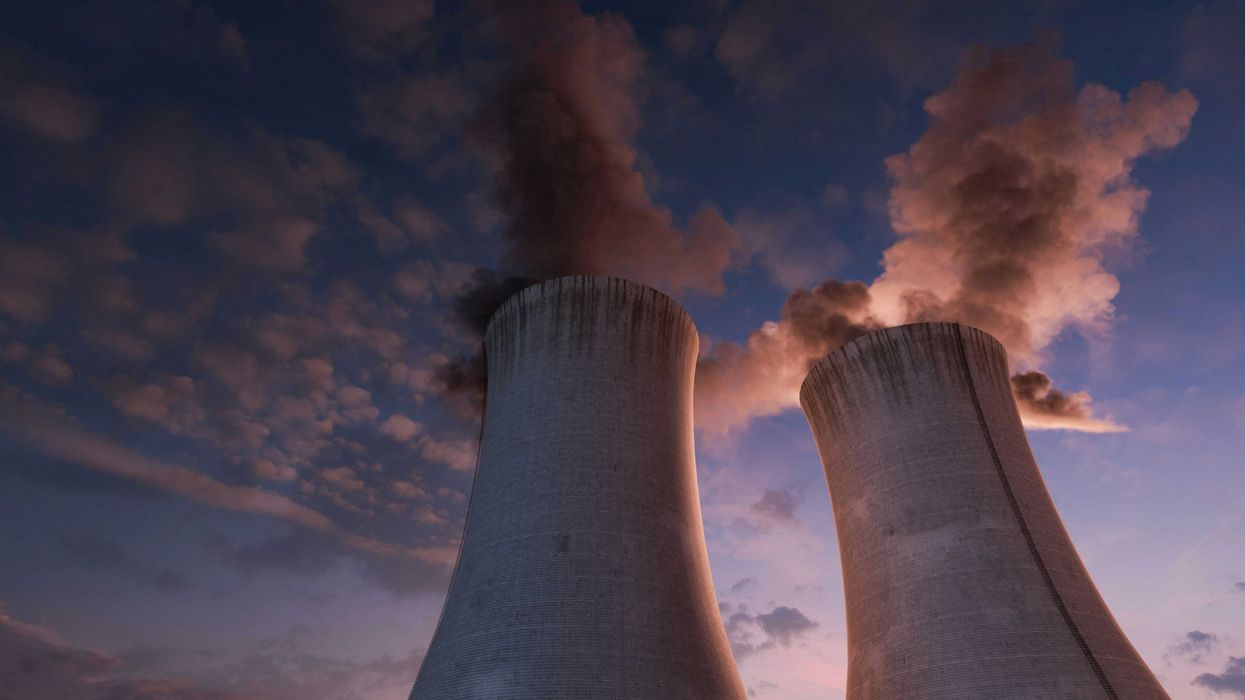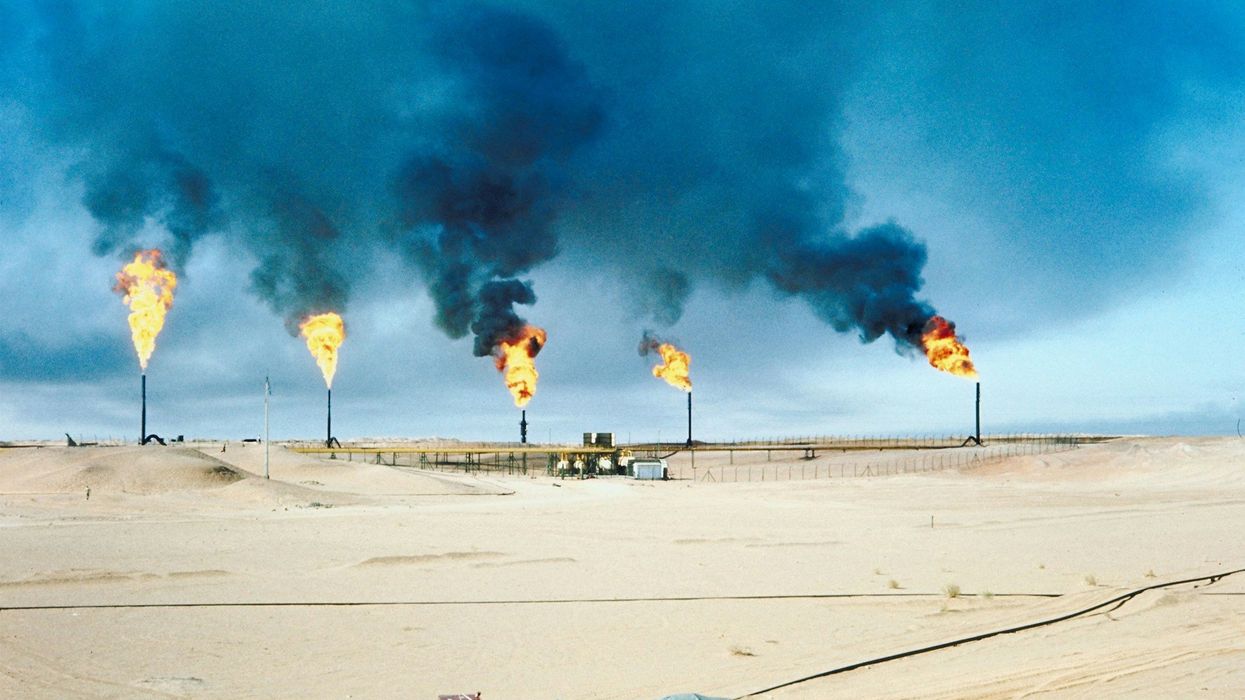A federal vaccine advisory panel, reshaped under Health Secretary Robert F. Kennedy Jr., voted to halt its recommendation for flu vaccines containing thimerosal, despite scientific consensus on the preservative’s safety.
Lauren Weber reports for The Washington Post.
In short:
- The Advisory Committee on Immunization Practices, now influenced by Kennedy’s appointments after he fired all of the former members, voted to stop endorsing thimerosal-containing flu vaccines.
- Most flu shots in the U.S. are already thimerosal-free, but public health experts warn this move could limit access and raise costs, particularly for multi-dose vial formats.
- Medical authorities, including the Centers for Disease Control and Prevention and the World Health Organization, have repeatedly affirmed that thimerosal is safe and does not cause harm at the levels used in vaccines.
Key quote:
“There is a robust body of peer-reviewed, scientific studies conducted in the United States and countries around the world that support the safety of thimerosal-containing vaccines.”
Why this matters:
Thimerosal is a mercury-based preservative used in some multi-dose vaccine vials to prevent bacterial contamination. The body metabolizes it into ethylmercury, which is very different from the methylmercury found in fish and that can, at high levels., cause developmental damage in children. The levels of ethylmercury in vaccines, on the other hand, have been found to be safe.
Numerous studies and reviews in both the U.S. and around the world have failed to find evidence linking thimerosal to harm in humans. That includes no connection to autism, a claim long pushed by anti-vaccine groups. Removing thimerosal-containing options could reduce availability in clinics that rely on affordable, bulk vaccine supplies. This change reflects the growing influence of vaccine skeptics in federal health policy, a shift that could complicate public trust and access to life-saving immunizations.
Related: NIH’s new vaccine moonshot is raising red flags over favoritism and scientific risk














